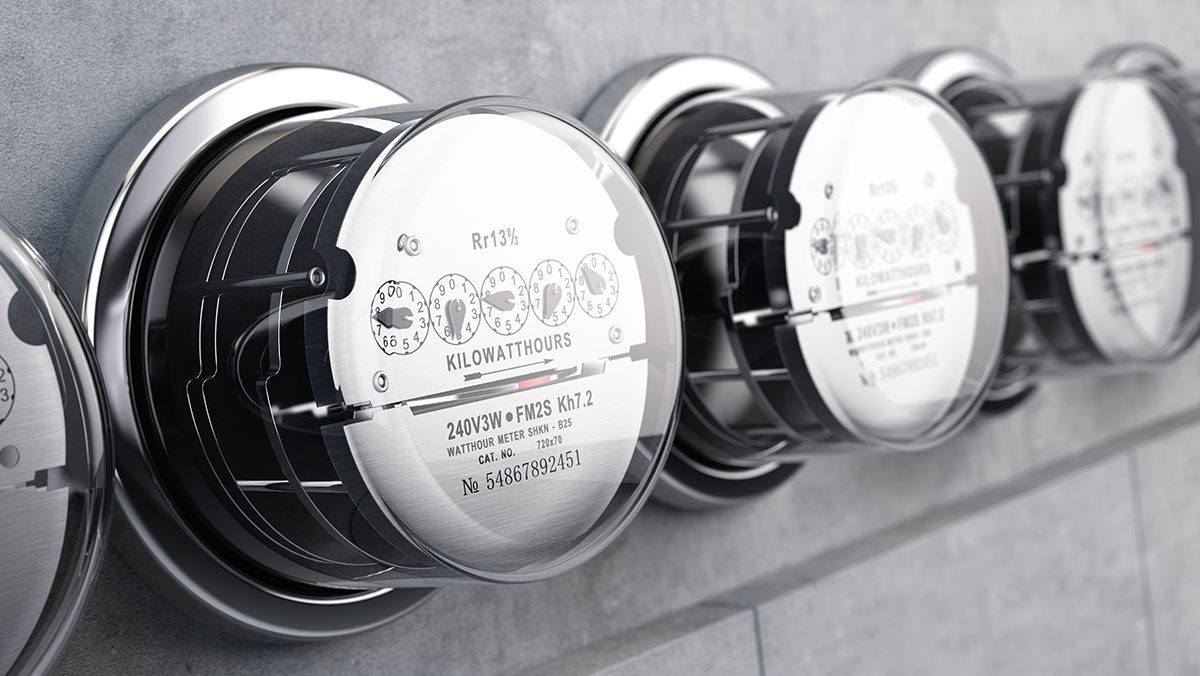Tips for Reducing Energy Costs in Your Commercial Building
With the global economy slowing and energy prices still staying high in 2023 despite optimistic forecasts, energy costs have become a major burden for businesses.
According to the Department of Energy’s data, HVAC is the main area of energy consumption in buildings – it consumes about 35% of total energy. To that end, increasing the effectiveness of your HVAC system can significantly reduce your bills.
This article will explain how.
Upgrade Your HVAC System
HVAC technology constantly evolves, and more effective solutions become available every year. Of course, it does not mean you need to get a new HVAC system every year. But if your system is over 15 years old, you should at least evaluate it and see what options are available on the market today.
Despite the significant initial costs, the long-term effect of an upgrade may surprise you. For instance, chilled beam systems significantly reduce energy consumption while allowing you to save on maintenance costs.
Use Smart HVAC Controls
Modern technology offers a bunch of solutions that can increase the effectiveness of HVAC systems. Here are a few examples:
Smart thermostats can automatically adjust the temperature based on occupancy patterns, time of day, and weather conditions, ensuring that the HVAC system is not operating when it isn’t needed.
Occupancy sensors can detect when a room is occupied and adjust the temperature accordingly. For example, if a conference room is not used, you can set the HVAC system to lower the temperature.
AI-based software solutions can analyze the data from thermostats and sensors to adjust your HVAC system automatically and ensure maximum efficiency while lowering energy consumption.
Get Rid of Air Leaks in Your Commercial Space
Air leaks can become a severe issue if not addressed. They occur when outdoor air enters a building and indoor air escapes through gaps, cracks, or holes in the building envelope. It strains your HVAC system, which needs more energy to maintain a comfortable indoor environment.
As a result, you get higher energy bills, and your HVAC hardware is more prone to breaking and requires more maintenance. Sealing these leaks is an effective way of increasing a building’s energy efficiency.
Improve Insulation
Inadequate insulation allows heat to escape during the winter and enter during the summer. As with air leaks, your heating and cooling system must consume more energy to maintain a comfortable temperature in a poorly insulated building.
Schedule Regular HVAC Maintenance
A clean and well-maintained HVAC system equals an effective HVAC system. For instance, dirty or damaged filters, coils, and fans can reduce airflow and cause the system to work harder to maintain a comfortable indoor environment.
And working harder means consuming more energy. During regular maintenance, HVAC technicians can also check and adjust the HVAC system’s settings as needed. For example, they can calibrate thermostats, adjust fan speeds, and optimize the system’s control settings.
Run Energy Audits
An energy audit evaluates a commercial building’s energy consumption patterns and identifies opportunities to increase energy efficiency. Make sure to run them regularly, as such audits can identify the most severe problems, provide valuable insights, and offer solutions that will help you reduce energy bills.
Encourage Energy-Efficient Behaviors
No matter how effective your HVAC system is, the human factor can often render all your energy-saving efforts obsolete. Providing education and training to building occupants can help them understand the importance of energy efficiency and how their actions impact energy consumption.
For instance, turning off the lights when they leave the room, using natural ventilation instead of air conditioning when possible, and closing window coverings in the summer to reduce solar heat gain can lead to significant energy savings over time.
Besides saving on utility bills, increasing the energy efficiency of your commercial building is beneficial in other ways. It increases property value, improves brand reputation, and reduces your business’s carbon footprint.
Want to optimize your energy consumption? Our experts are here to help. Give us a call!


